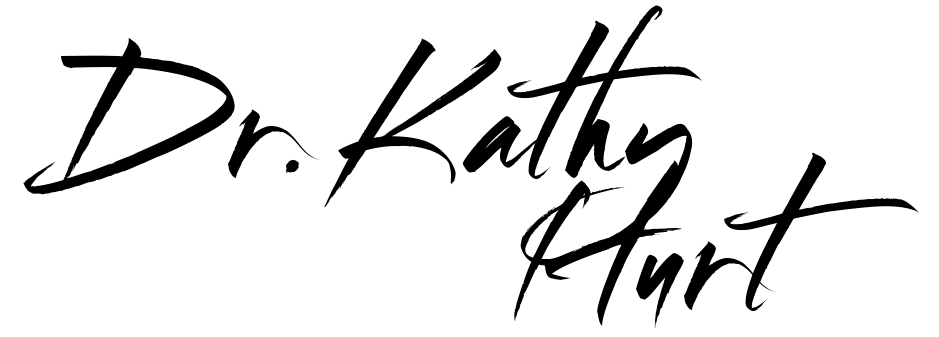I recently read a review of a new book that purports to trace the development of a trend in American life towards preferring a reality of one’s own making to “actual” reality. As examples of this trend, the book mentions cults and assorted weird religious trends such as finding sacred profiles in an ordinary food item, incidents that have always been present in our culture but may be proliferating in recent years as widely shared belief systems and traditional churches have lost followers and influence. That each day I hear accounts of “fake news” showing up alongside “real news” suggests that the author need not have restricted his account to religious phenomena but could have moved into the political realm as well. It seems a good thing to challenge each one of us to discover our own truth and meaning—but are there limits to what I can claim as true and meaningful for myself? Or is anything allowed?
I wonder if one limitation that is too often missing from a “create your own reality” perspective is a willingness to admit into my view reality that is not always reassuring, pretty, uplifting, telling me I deserve to be happy no matter what. Most spiritual traditions that have lasted over time include a fair amount of discussion of all the suffering we will not be able to avoid, all the ugliness that is present in the world despite our best efforts to eradicate it, and some explanation of why humans behave badly again and again. Left to my own devices, I probably will not embrace a truth that does not make me feel good, both about myself and my prospects for life, about life in general. Whenever I am allowed to create my own reality, I make it pretty sweet for me and everyone about me. Yet I can never entirely embrace that made-up reality because I can still see, through and around it, so much that is wrong, wrong in my world and wrong in me.
The author of the book concludes that much of religion is to blame for the negative trends towards a splintered and individualistic view of reality, as it failed to account for “actual” reality and instead encouraged believers to retreat into a magical world view in which magical thinking prevailed. I might counter that much of what religion offers is instead what is most needed to control a cultural retreat into fake news and made-up worlds that only satisfy the individual. We seem to require systems that remind us we are flawed creatures, as much light as darkness, and the awareness of our flaws is one way we experience the limits of whatever reality we seek to create. And only as I understand the limits of my personal reality, the fake news I embrace about myself and my environment, am I able to catch glimpses of all that lies beyond it, the possibilities in the realities you might see that I cannot see, the hope in a reality that neither of us has reached but is calling us forward into a more just world.
